Sedimentation
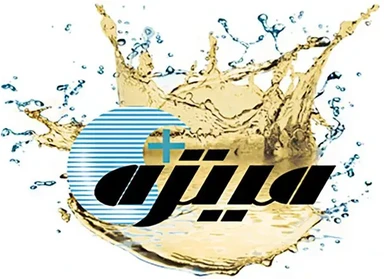
Physical and chemical descaling methods
In industries such as oil, gas and petrochemical, there is always an attempt to prevent the formation of deposits using different methods in equipment such as heat exchangers and boilers. In this field, a lot of money is spent on chemical materials and additives. But most industrial heat exchangers are exposed to sedimentation due to various reasons such as the low quality of water in different areas. These deposits are mostly formed in the pipes of the converters. In order to reduce the losses caused by sedimentation, the converter must be continuously monitored and cleaned.
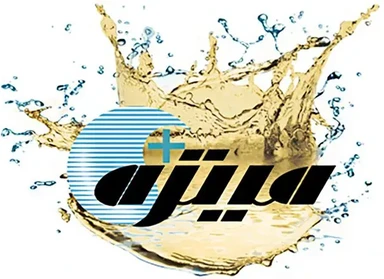
Sedimentation and corrosion in refinery and petrochemical water systems
Just as living organisms cannot survive without water, oil refineries and petrochemical plants cannot function without water. Water is used in water cooling systems, to provide steam and fire extinguishing systems. Petroleum products and fuels produced after distillation and various catalytic and cracking processes must be cooled. Water is the best fluid for this.
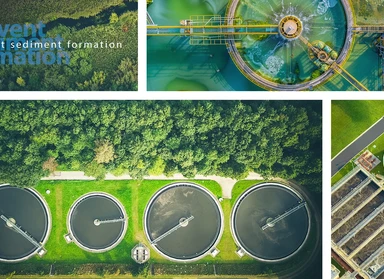
Methods to prevent sediment formation
The most important method for preventing sediment formation is to improve the quality of water used in various industries. This method is carried out in various forms such as sedimentation, filtration, deaeration, degreasing, using the under-water rinsing method, and softening the water used.
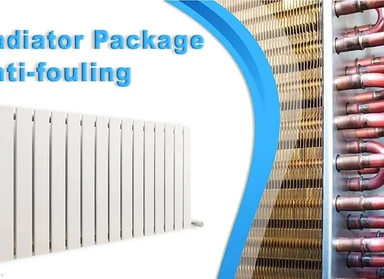
Radiator package anti-fouling
One of the most important measures that is prioritized with the approach of the cold season and the start-up of heating systems is to investigate problems with radiators and packages. One of the most important reasons that can cause radiators to not heat evenly is the deposition of deposits and debris inside the radiator fins.
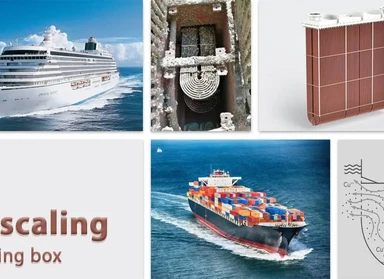
Descaling of marine equipment
Marine equipment deposits, which are mostly calcium and magnesium, act as an insulator between the metal surface and the water and cause the metal temperature to increase, resulting in reduced engine cooling. Marine equipment descaling plays a significant role in reducing costs, including fuel consumption, equipment maintenance, washing, etc.
